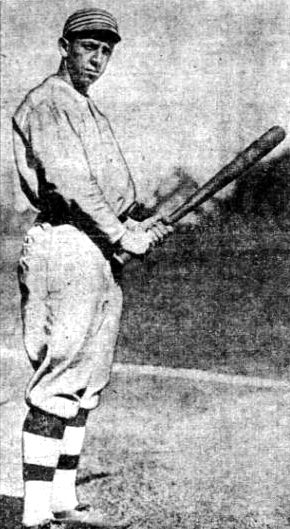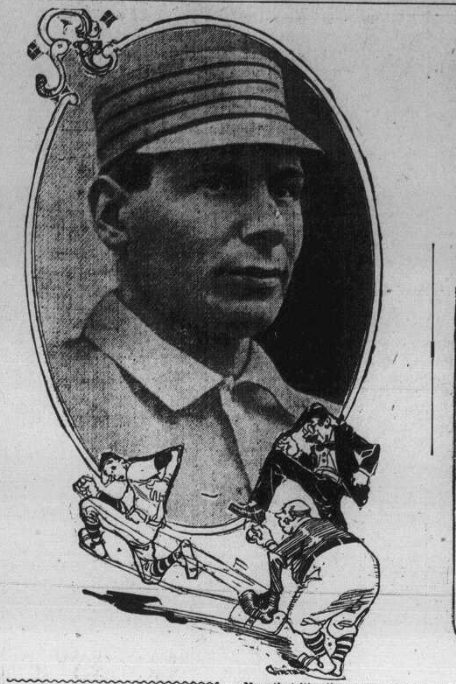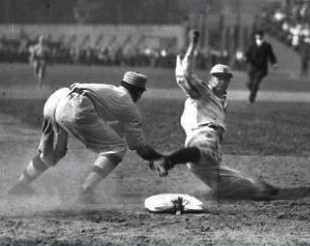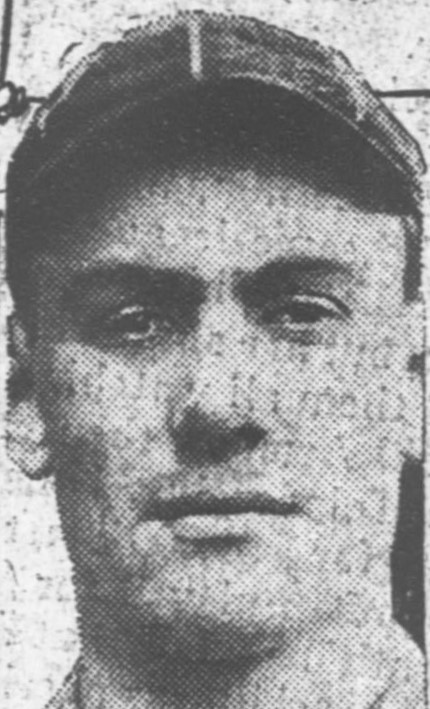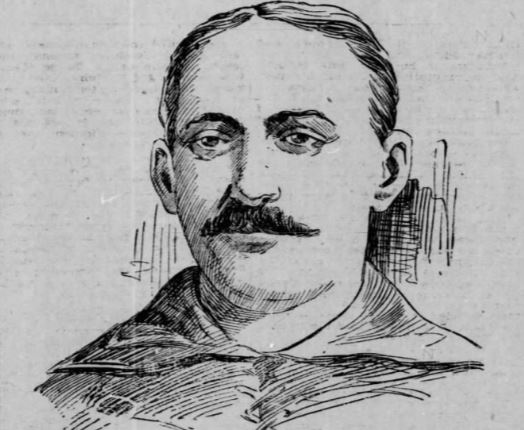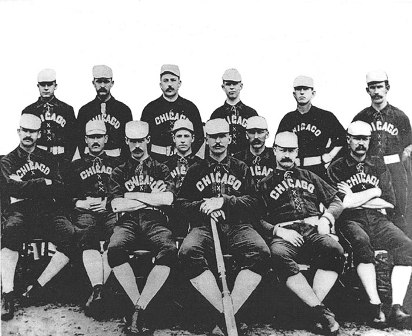Eddie Collins said of teammate Charles “Chief” Bender:
“I rate Bender among the first five American League hurlers, and he gets this place because he made pitching a fine art. He mastered every natural form of delivery but never bothered with spitters or other trick styles. Both (Joe) Wood and (Walter) Johnson had far more speed, (Jack) Coombs and (Jim) Scott better curves, and (Addie) Joss and (Doc) White more deceptive ‘slow balls,’ but I never saw anyone who could toss all styles with the skill that ‘Chief’ exhibited.”
Collins was “writing” a series of syndicated articles for The North American Newspaper Alliance in 1927:
Bender’s mechanics made him great, but were “only a part” of his success as “anchor” of Connie Mack’s Philadelphia Athletics pitching staff fir 12 seasons:
“He knew the strength and weakness of every batter; his control was superb, and he possessed such a wealth of courage that facing the strongest teams afforded him his greatest pleasure.”
Collins—who like Mack usually called the pitcher by his middle name, Albert–said Mack favored Bender as his choice in “a single all-important game,” over any other pitcher—born out, he said because Bender pitched the opener in four World Series. Bender was 2-2 in those games, but one loss was a 2-1 loss to Christy Mathewson and the Giants in a game Bender struck out 11. Of the other, against the Brave in 1914, Collins noted:
“The Braves batted him off the slab. Everything went wrong for us in that series anyway.”
Mack also relied on Bender when an exhibition game suddenly became a matter of American League pride.
“After the close of our season in the Fall of ’09 we made an exhibition tour to the coast. On the way we stopped to play the famous Cubs in Chicago. Reaching there we found that this game assumed more importance than attached to an ordinary exhibition. Chicago had always been a good American League territory, but (Frank) Chance had a great team and the White Sox had not done well that season, and the American League supporters were very anxious that we win.”
Mack addressed Bender in front of his teammates:
“Albert, you know you are to pitch. Now Albert, I have asked you to win some important games for me and you never failed. I want you to bring me this game.”
The Athletics beat the Cubs 2 to 0. Ring Lardner of The Chicago Tribune Said:
“The Cubs lost because Big Chief Bender wouldn’t let them hit.”
Bender held Chicago to two singles in the victory.
Bender did, said Collins, have weaknesses:
“He was not as strong as (Ed) Walsh, (Jack) Chesbro, Coombs and other great pitchers, and for that reason, and also because any time any batter, however great, made a hit off his delivery he thought the batter was lucky; he never wanted to waste a ball. His system was to throw all strikes, if possible…Occasionally after having the batter 2-0 he would throw one in the groove and get away with it. Then he would return to the bench and grin with great satisfaction.”
His penchant to “grove one” could be costly, Collins said. In game four of the 1913 World Series, Bender was cruising to a victory with a 6-0 lead heading into the seventh inning:
“Two men got on with two out when Fred Merkle came up. ‘Chief’ had just whiffed catcher (Art) Wilson, and was bent on showing up Merkle, who was a corking good hitter, as everyone knew, but who could do little with Bender when the ‘Chief” was careful.”
After getting two strikes on Merkle, and despite “the protests of (catcher) Ira Thomas,” Bender threw:
“A pitch that came across the letters on his shirt Merkle could hit a mile. He just naturally lost that ball and the Giants had three runs.”
Bender held on to win 6 to 5, and as a result, Collins said:
“(W)e didn’t kill Albert.”

